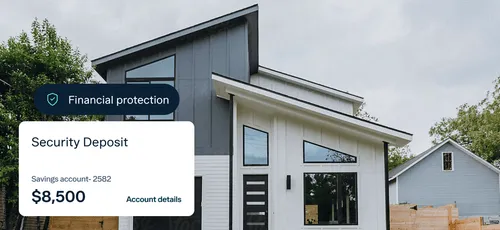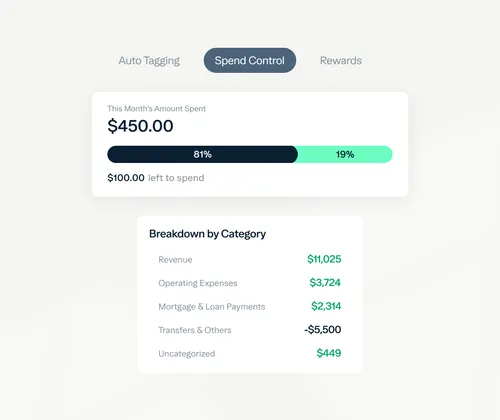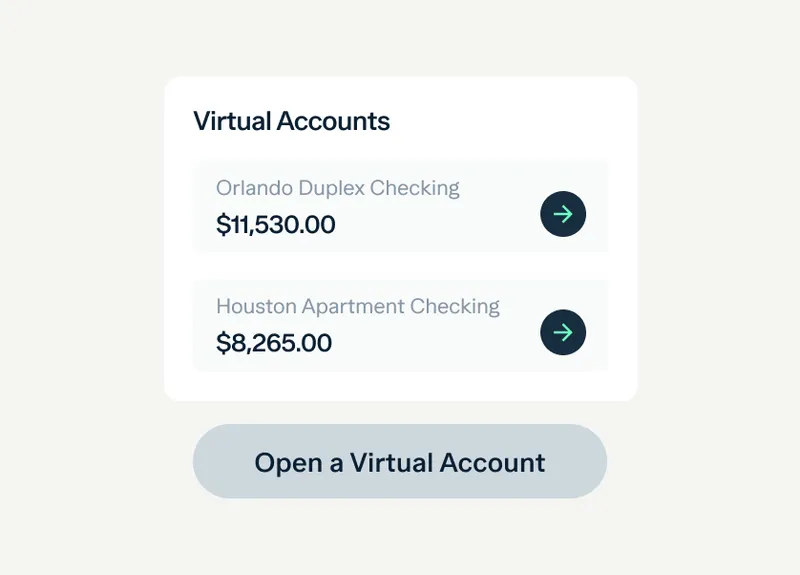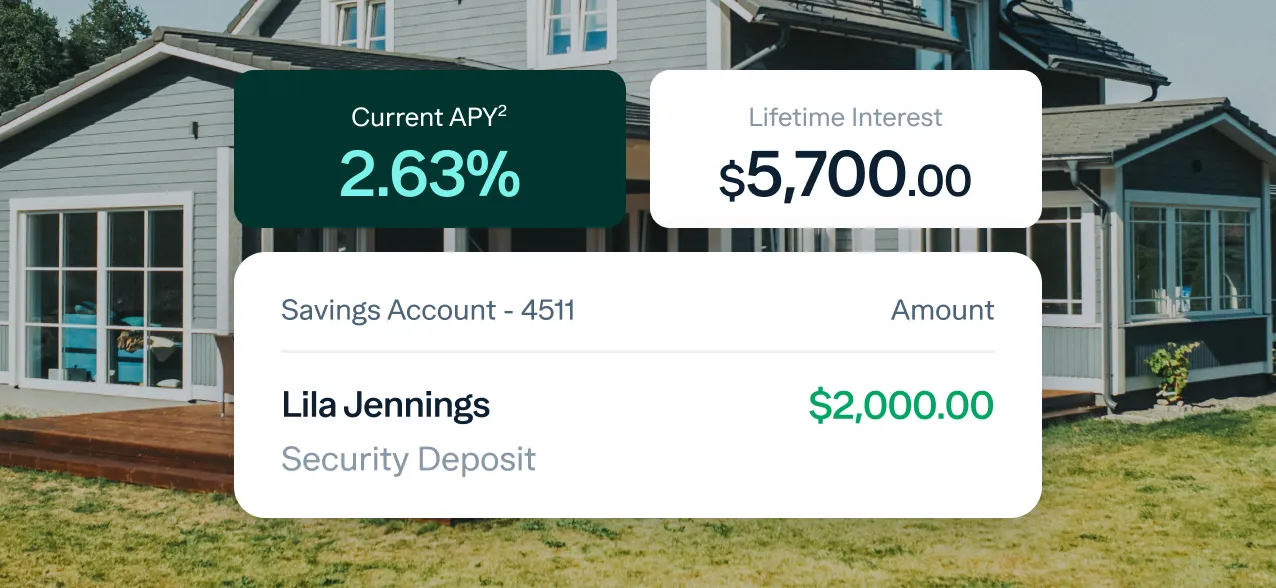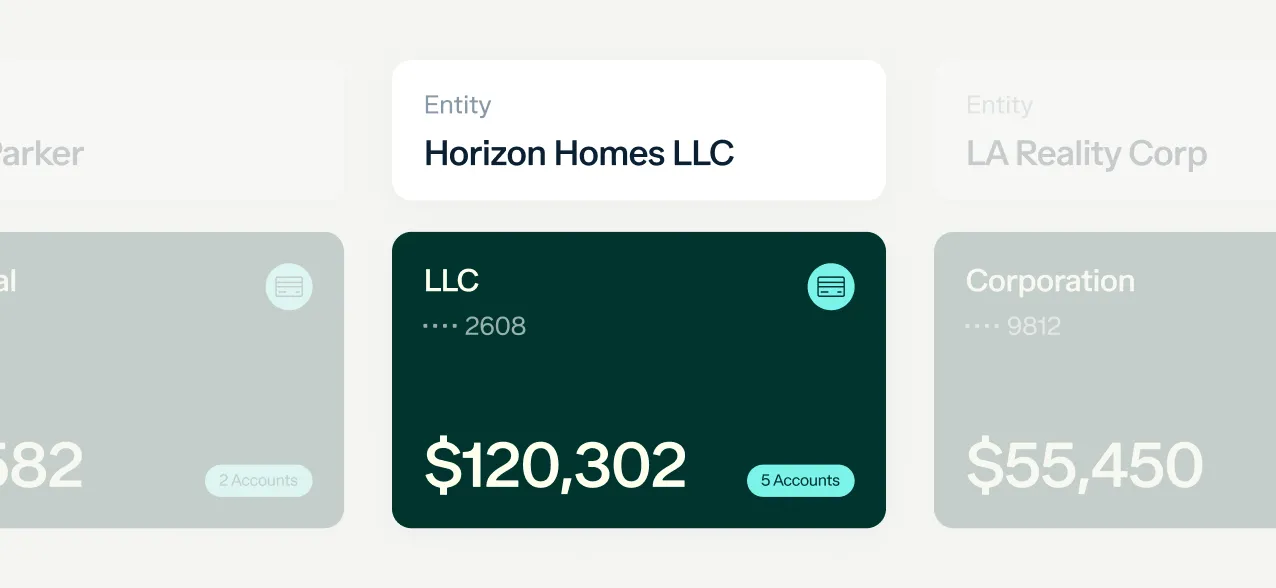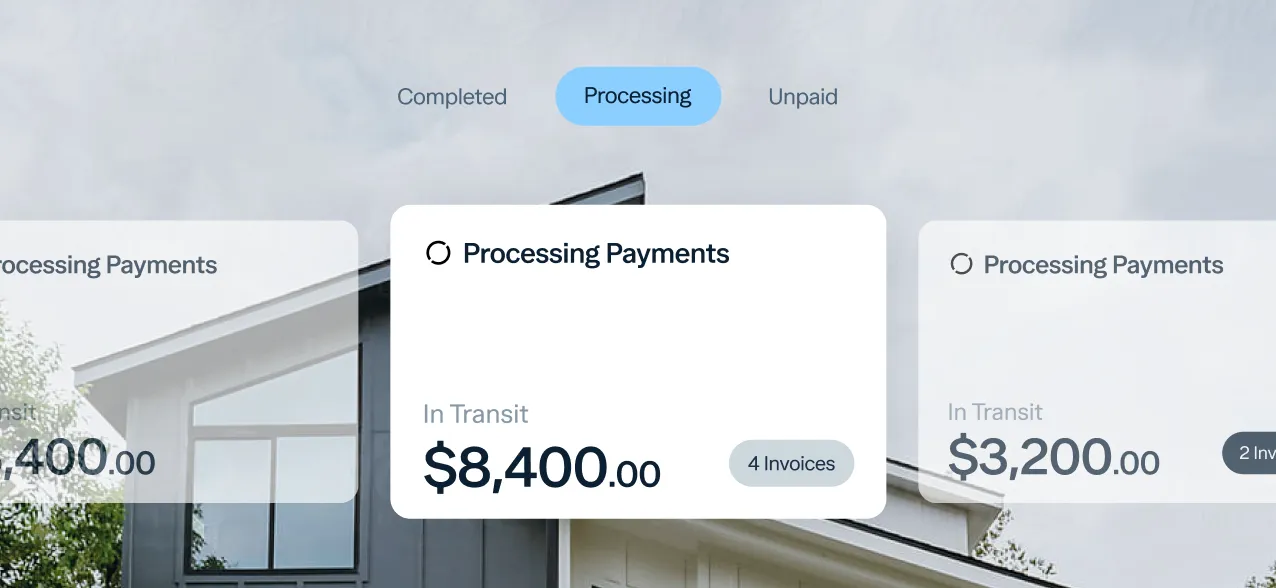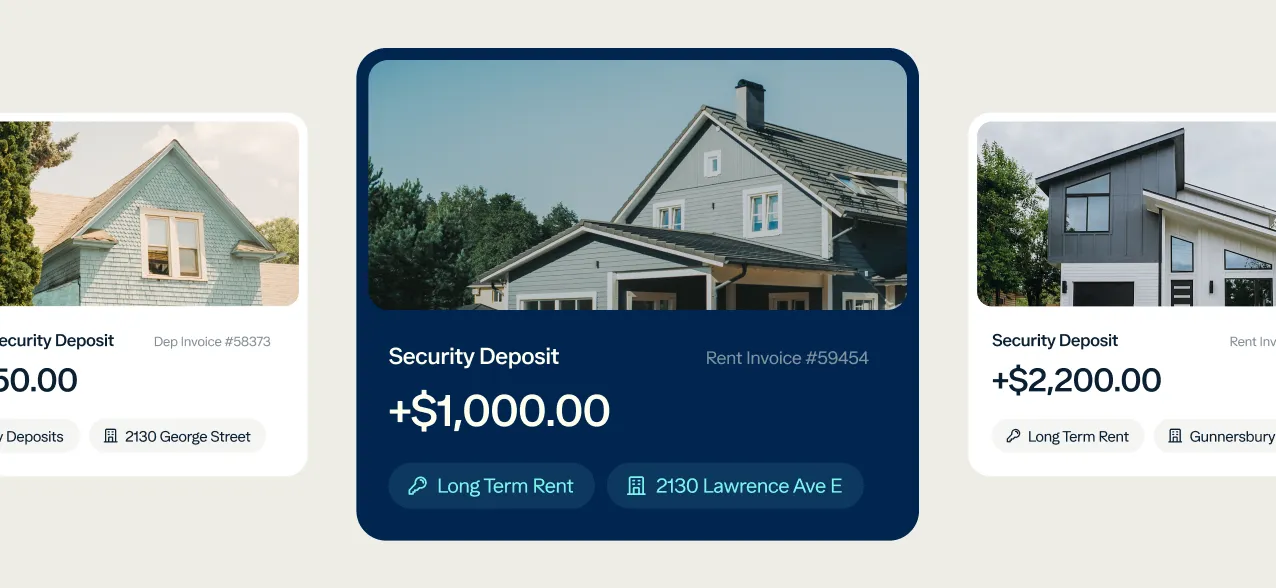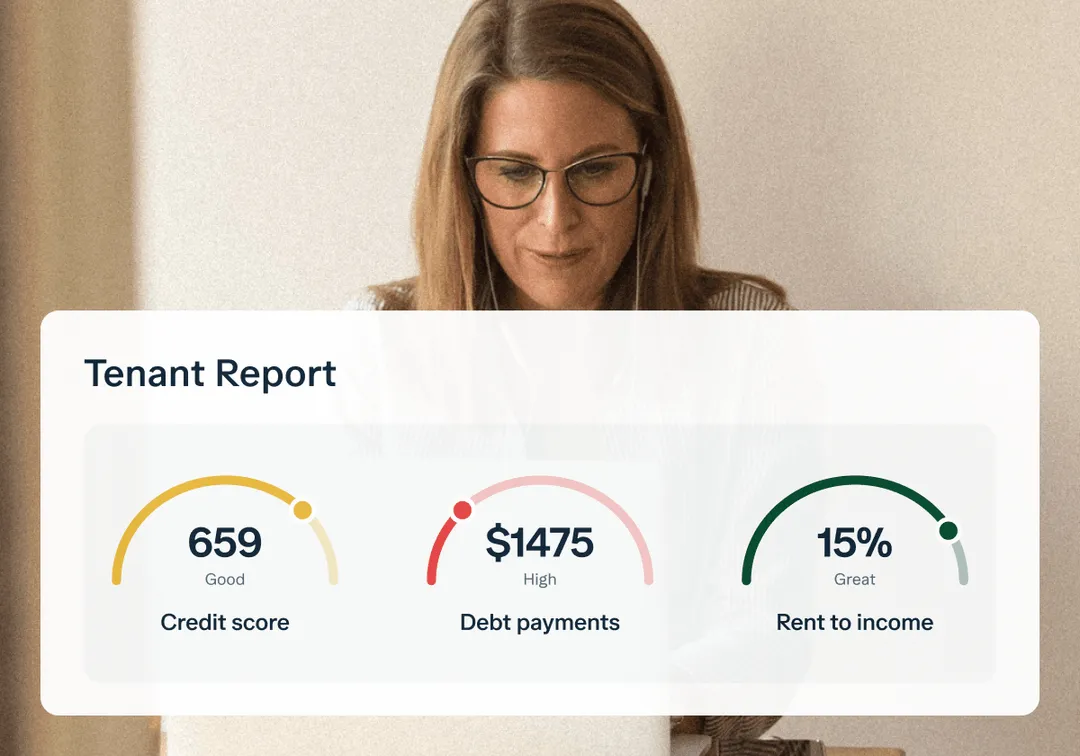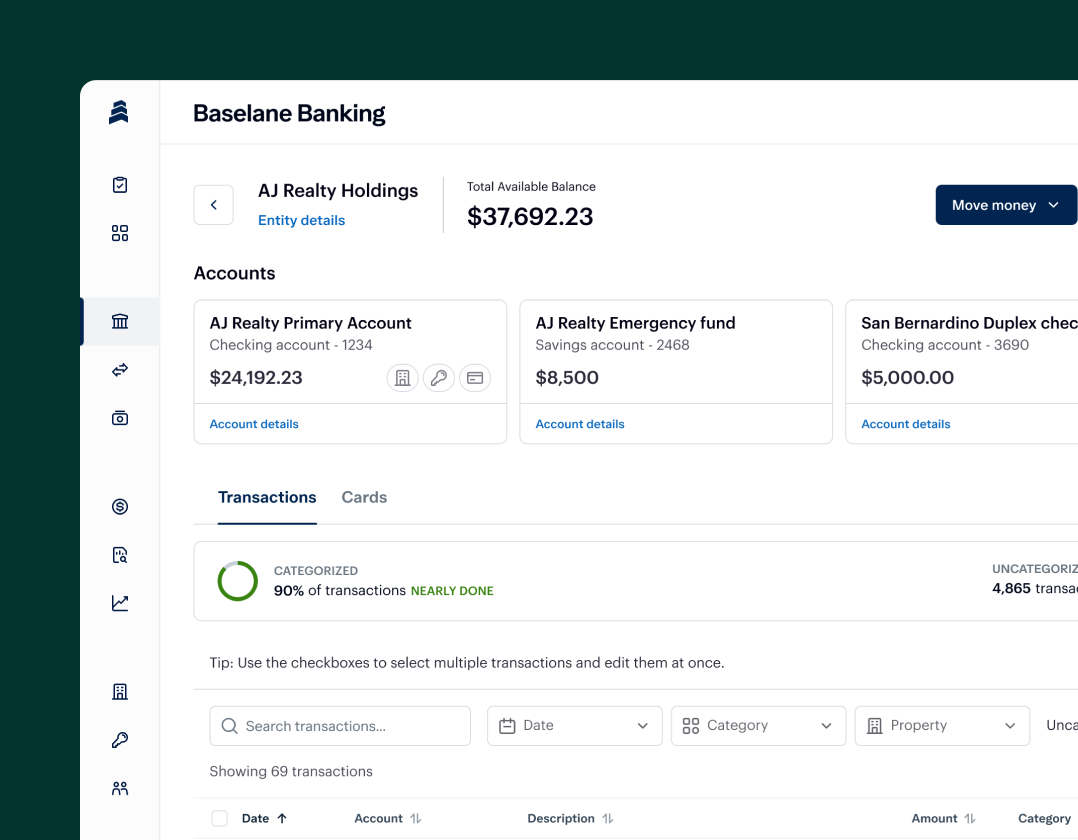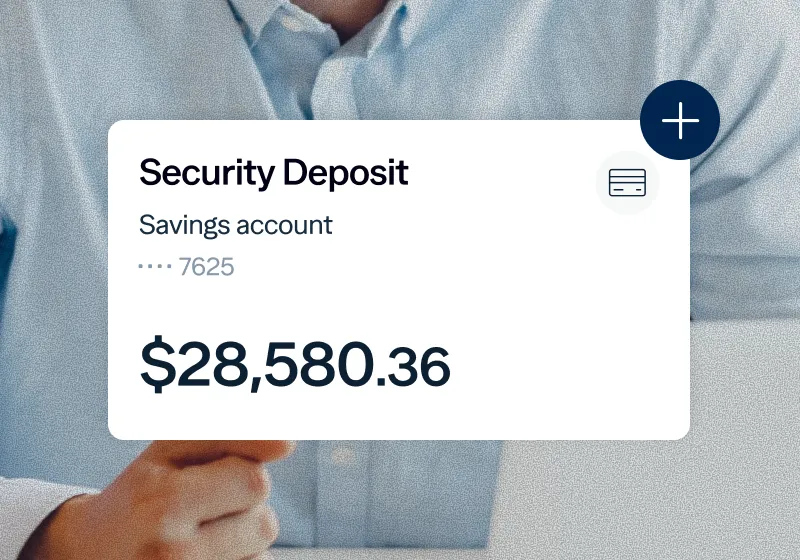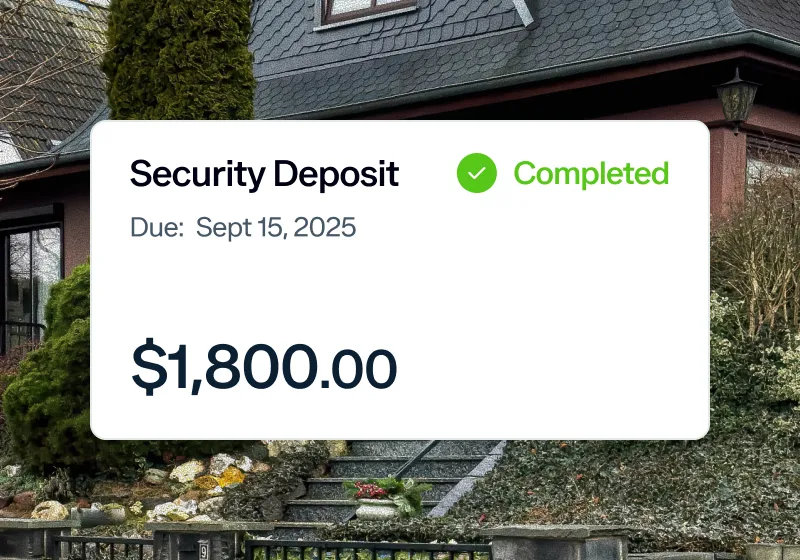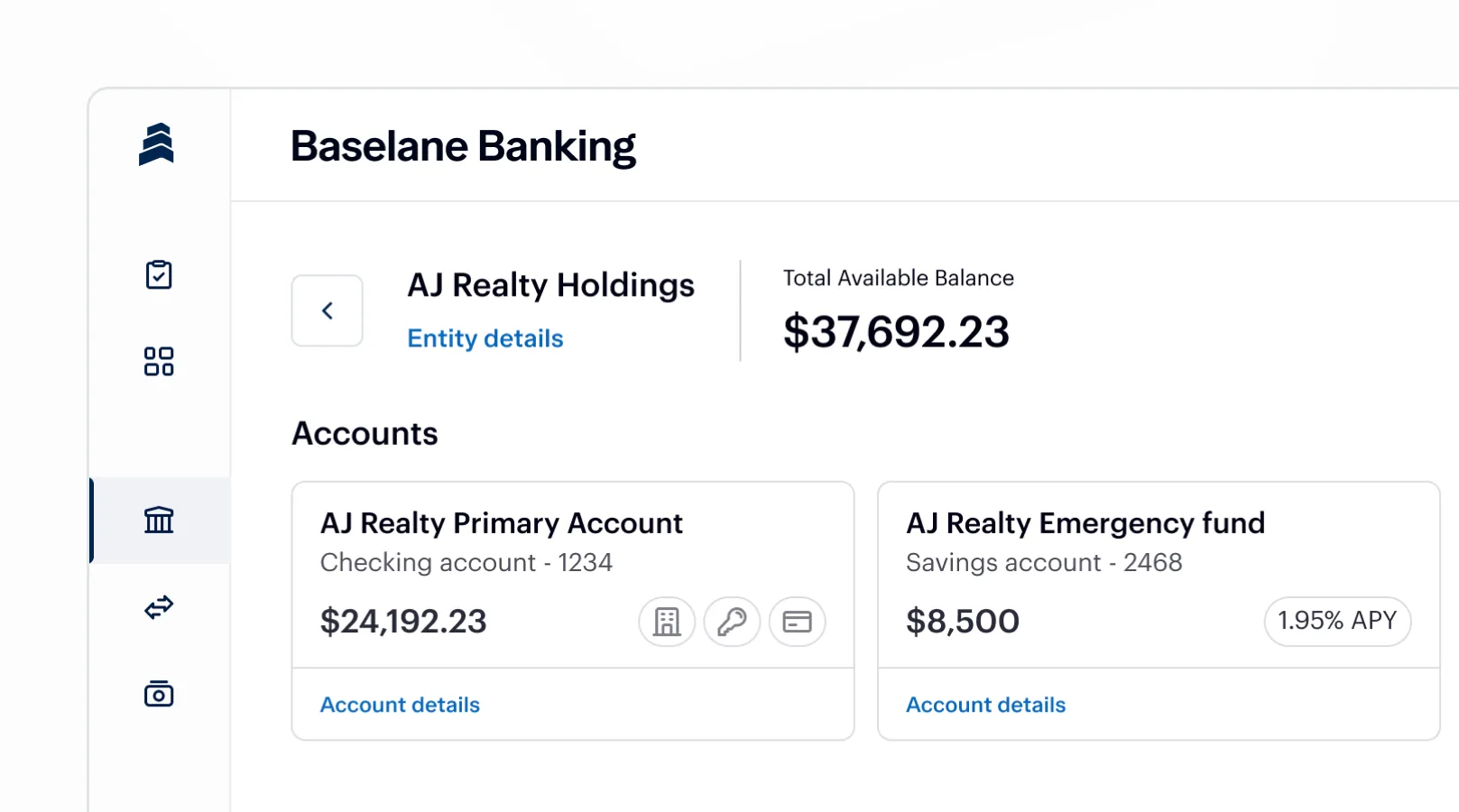In Virginia, landlords are allowed to charge tenants up to two months' rent as a security deposit. However, this amount may be negotiable between the landlord and tenant. It is important to carefully review the terms of the lease agreement before signing and to communicate with the landlord regarding any questions or concerns about the security deposit.
Security deposit rules in {{ state }}
Limit: In Virginia, there is no statutory limit on the amount a landlord may charge for a tenant security deposit. Most landlords typically collect an amount equal to one or two months’ rent, depending on factors such as the tenant’s credit history, rental background, or risk level. The deposit amount must be clearly stated in the lease agreement, and landlords are encouraged to maintain a dedicated security deposit bank account in Virginia to ensure compliance and transparency in handling tenant funds.
Return Deadline: The landlord must return the tenant security deposit, along with an itemized list of deductions, within 45 days after the tenant vacates the property. If deductions are made, the landlord must include supporting documentation such as invoices, repair estimates, or receipts. Failure to return the tenant deposit or provide the required accounting within 45 days may result in the landlord being liable for damages equal to the amount wrongfully withheld.
Acceptable Deductions: The tenant security deposit may be used to cover unpaid rent, late fees, damages beyond normal wear and tear, cleaning expenses, unpaid utilities, and any costs necessary to restore the unit to its move-in condition. The landlord must provide an itemized written statement detailing each deduction and its cost, along with the remaining balance of the tenant deposit.
Where to Deposit: Virginia law requires landlords to hold all tenant security deposits in an escrow account at a federally insured financial institution located within the state. The account must be maintained exclusively for tenant funds and cannot be commingled with personal or operating accounts. Although there is no mandated security deposit interest rate, landlords must maintain accurate records and comply with all disclosure requirements. Using a security deposit escrow account in Virginia or a landlord tenant security deposit bank account in Virginia ensures transparency, compliance with state rental laws, and protection of tenant funds throughout the tenancy.

